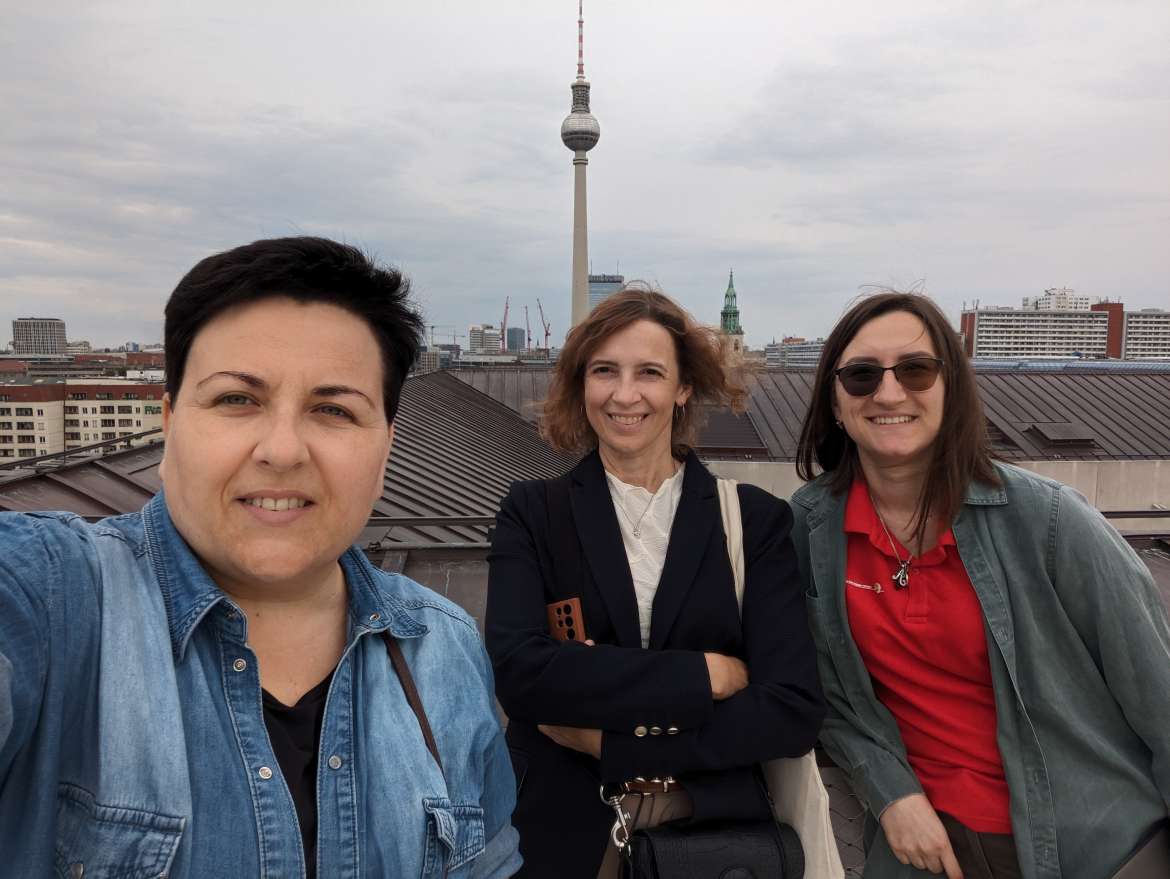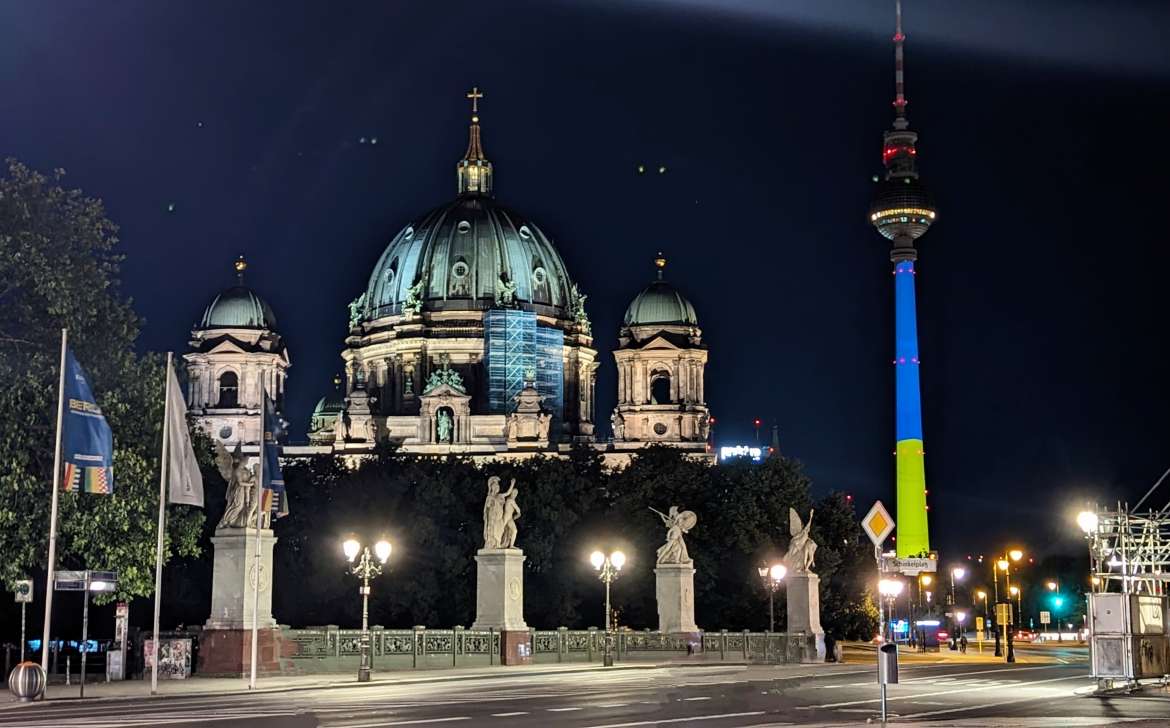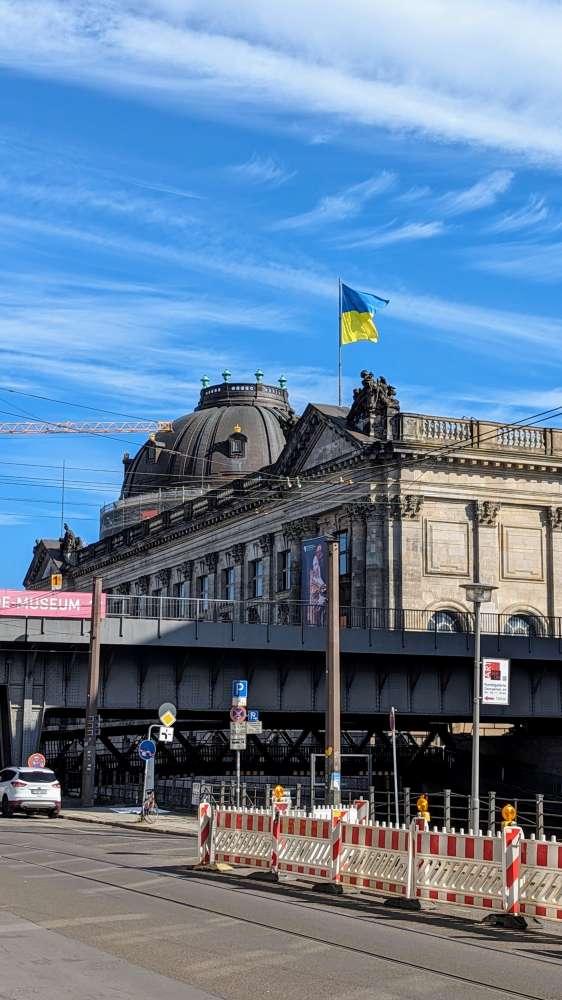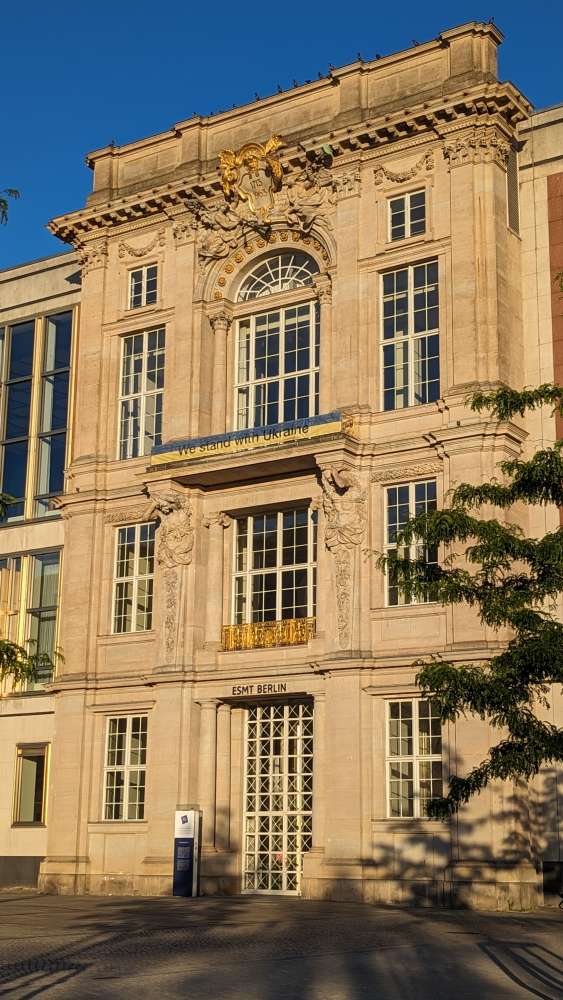

Recently, representatives of the Charitable Organization "Charity Fund "Medical Aid Committee in Zakarpattya" – the participants of the project "Improving the Protection of Children in Emergencies in Ukraine by Providing Safe Shelters, Food and Non-Food Items, and Psychosocial Support", which the Committee has been implementing for a year in partnership with "terre des hommes Deutschland e. V. " and with funding from the German Federal Foreign Office – Lesya Levko, project coordinator, Kateryna Irkha, CAMZ spokeswoman, and Anhelina Kykyna, the organization’s office manager, returned from a working trip to Berlin. There, they participated in experience exchange events with other project participants and German non-governmental organizations.
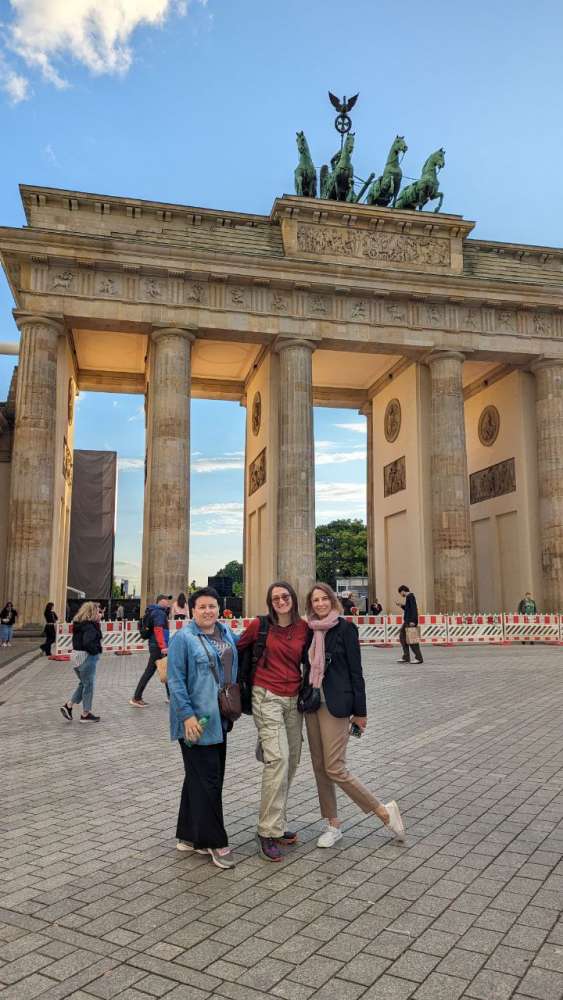
Within the framework of this project, the team of the Medical Aid Committee in Zakarpattya carried out a food mission in different regions of Ukraine, reaching more than 3000 families with children from vulnerable groups, equipped two women’s health rooms in municipal medical institutions in Uzhhorod, improved the living conditions of IDPs in two shelters in Zakarpattia – in the village of Nyzhnye Selyshche, Khust district, and Tyachiv, provided assistance in the form of medical equipment and medicines to more than 20 hospitals in different regions, and provided for the repair of additional premises of the Vilshany Children’s Orphanage, where rooms for transitional supported living for the wards and a palliative care unit will be equipped. In addition, a significant number of project beneficiaries are participants in various psychosocial support activities, primarily for children and adolescents, organized by partners from the NGO "Happy Children" (Uzhhorod).
"This is an important experience of implementing a comprehensive project that takes into account the realities of war and the relevant requests of the population, which, by default, is affected by the military aggression of the russian federation. Unfortunately, among the victims there are also children who have left their homes, lost the opportunity to study normally, communicate with friends, and have safe leisure... In order to at least partially remedy this situation, to act ahead of current challenges, the Committee deepens its experience in implementing humanitarian initiatives, expands cooperation with partners, especially abroad, and strengthens its own international subjectivity (agency). An example of following these principles is the participation and successful implementation of the first phase of the project in partnership with "terre des hommes Deutschland e.V." and with funding from the German Federal Foreign Office", Lesya Levko said during the meeting.
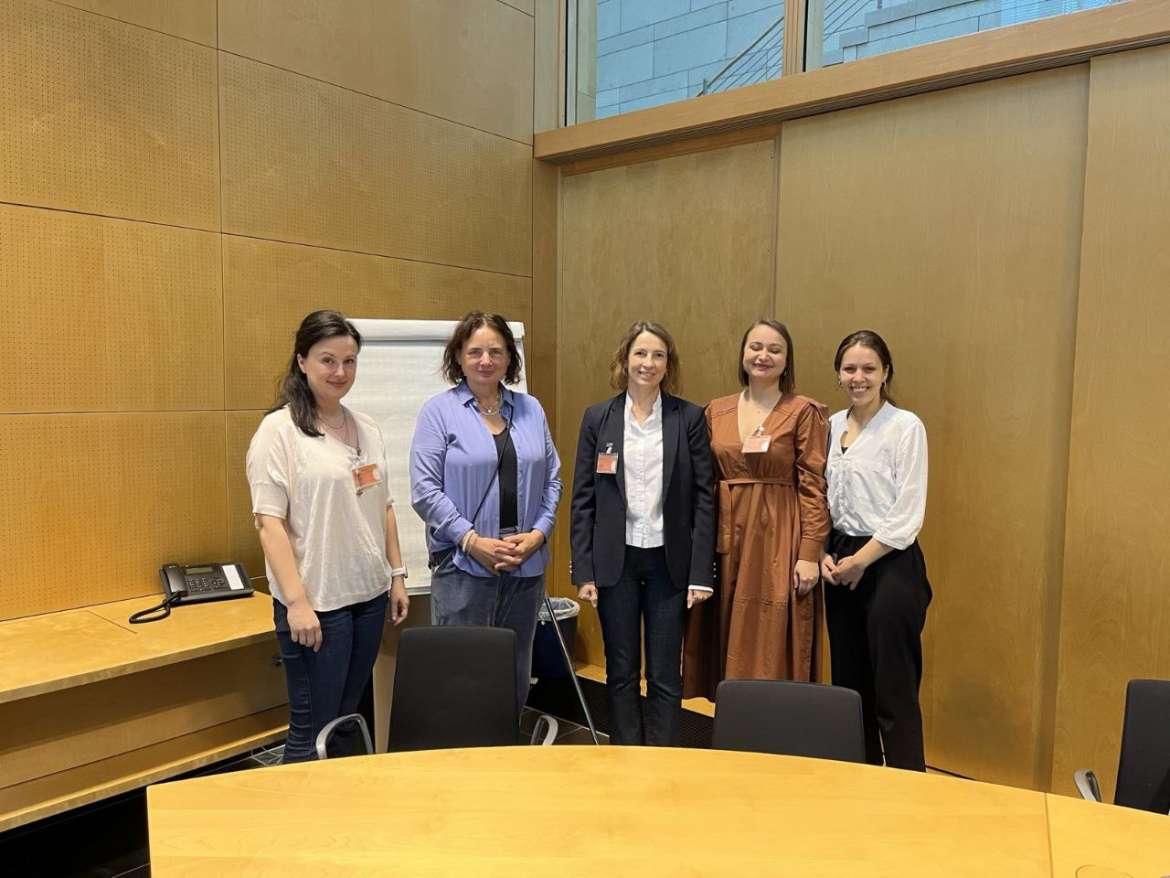
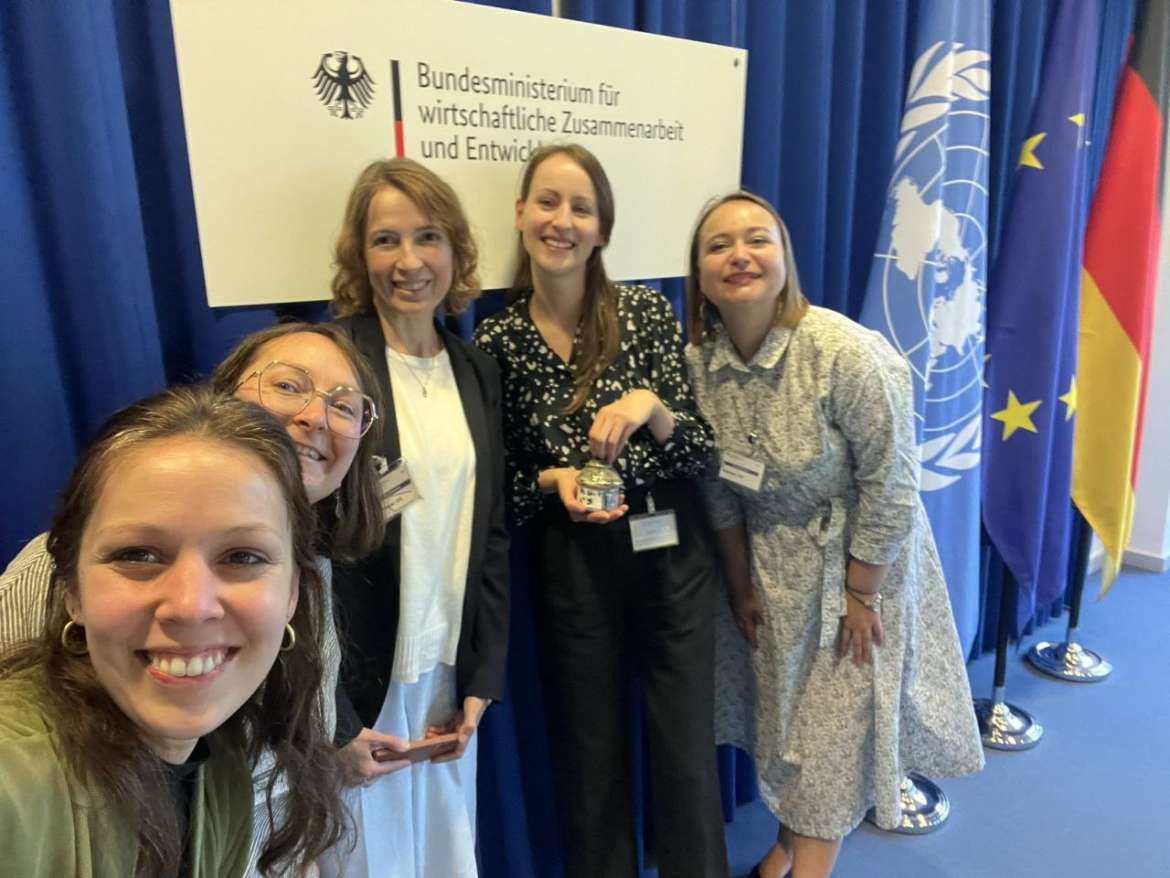
CAMZ project coordinator also participated in meetings with Beate Walter-Rosenheimer, a parliamentarian from the German Green Party, member of the Committee on Human Rights and Humanitarian Aid, rapporteur on Ukraine, and Lea Moser, consultant at the Ukraine Department of the Federal Ministry for Economic Cooperation and Development. During the parliamentary and governmental meetings, they discussed the support of humanitarian projects in Ukraine, especially those implemented by the non-governmental sector on the ground – organizations that know the needs of target groups and are familiar with the current situation. Representatives of the Parliament and the Government emphasized that support for Ukraine and Ukrainians affected by the war, whether inside or outside the country, remains a priority for Germany. In her turn, Lesya Levko highlighted the need for cooperation with non-governmental institutions, which are the backbone of civil society and a reliable partner of the state for implementing quality transformations, particularly in the social sector.

At the same time, during a meeting with Felix Hegeler, a representative of the German Federal Foreign Office, it was pointed out that the continuation of the project in Ukraine is evidence of the high appreciation of the previous stage as a joint result of the responsible activities of public institutions in Ukraine.
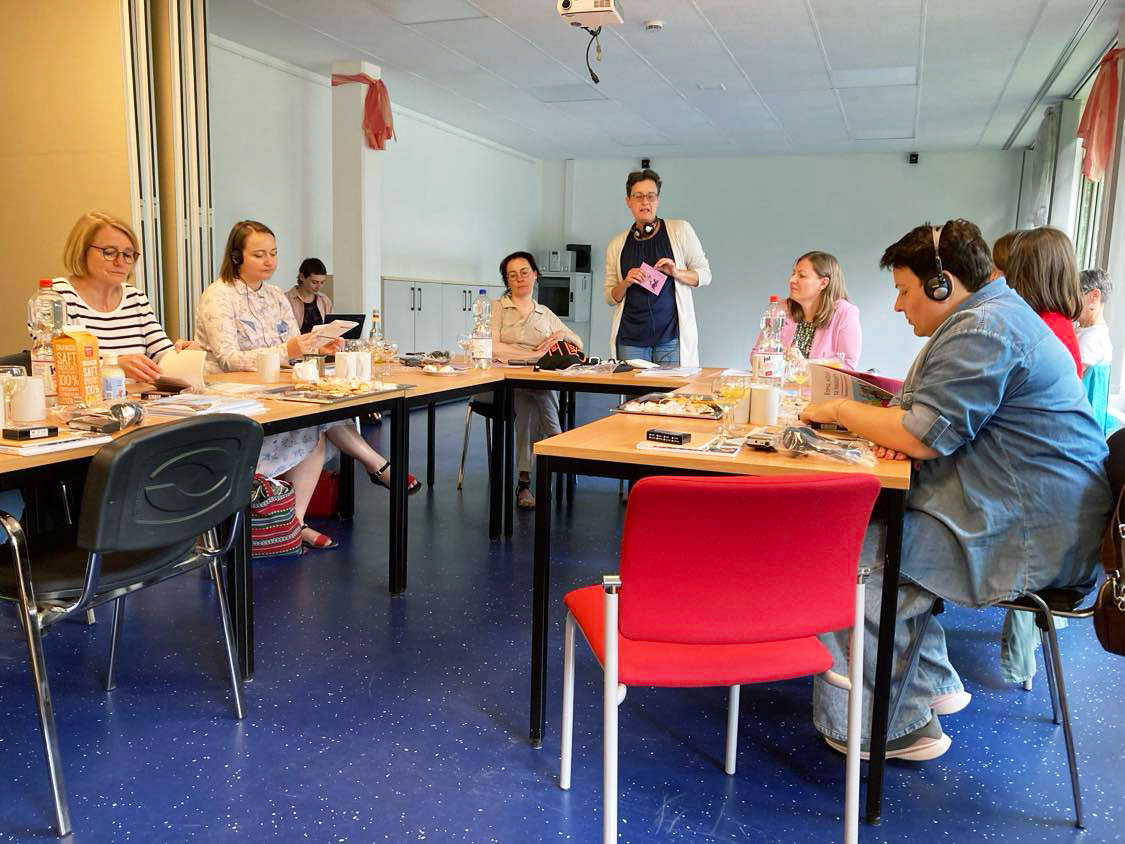
To deepen the experience of Ukrainian specialists, meetings were organized with representatives of organizations that provide comprehensive assistance to people with disabilities – "MINA – Leben in Vielfalt e.V. ", "Lebenshilfe", and psychological support to the population, including migrants in Germany – "XENION – Psychosoziale Hilfen für politisch Verfolgte e.V. ", "Krisenchat". The latter is a successful startup that has acquired a social component. Within the framework of Krisenchat Ukrainian, psychologists provide psychological assistance in crisis situations in a chat format. The service is free, anonymous, and has no age restrictions for Ukrainians, while the German component provides support for young people under 25. Anyone who finds themselves in a difficult life situation, regardless of their location, can use the crisis counseling service.
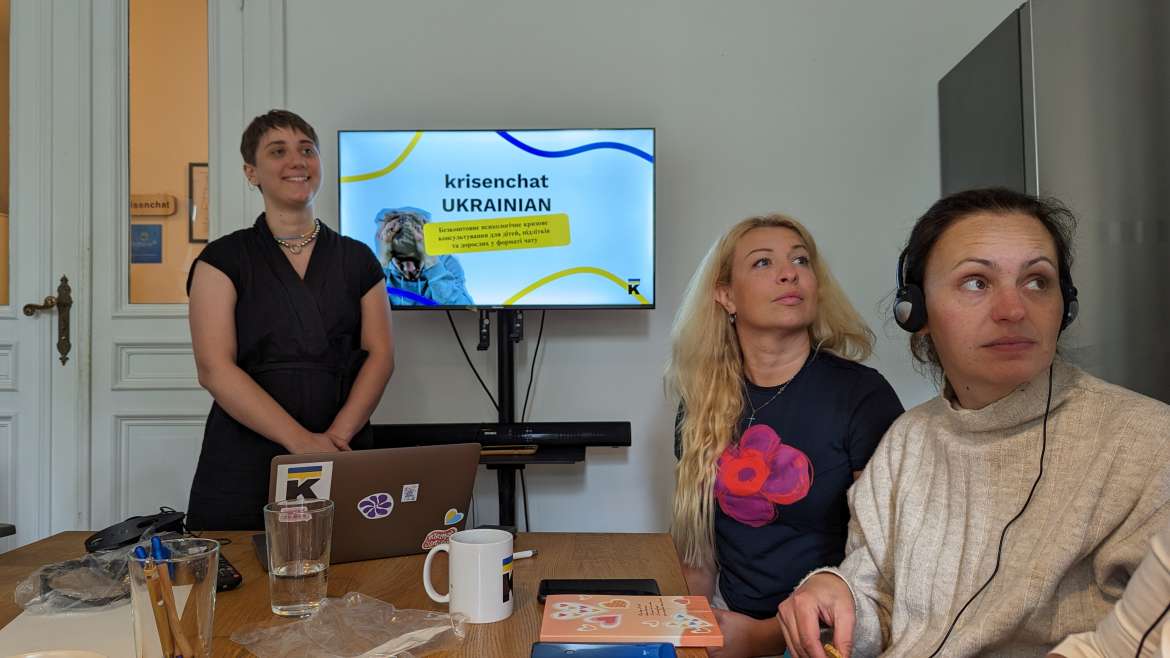
The XENION organization has long been involved in psychosocial support for people who have been forced to leave their homeland for various reasons, such as political persecution, as well as for children who have found themselves abroad without parents. The team trains public guardians who help minor migrants in Berlin.
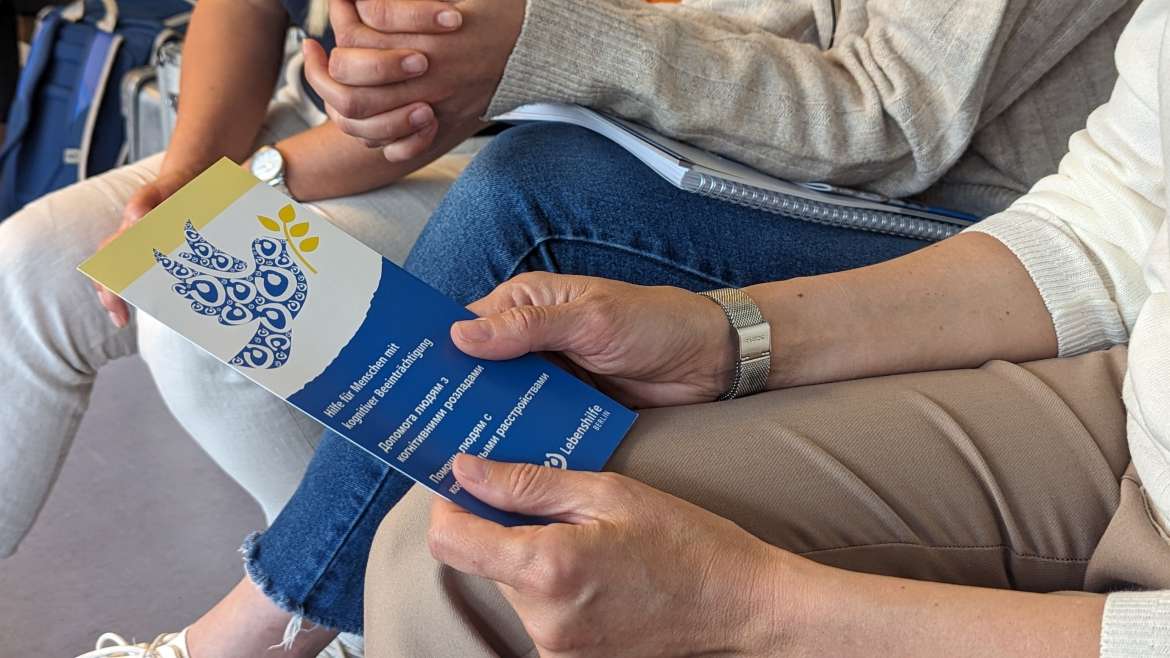
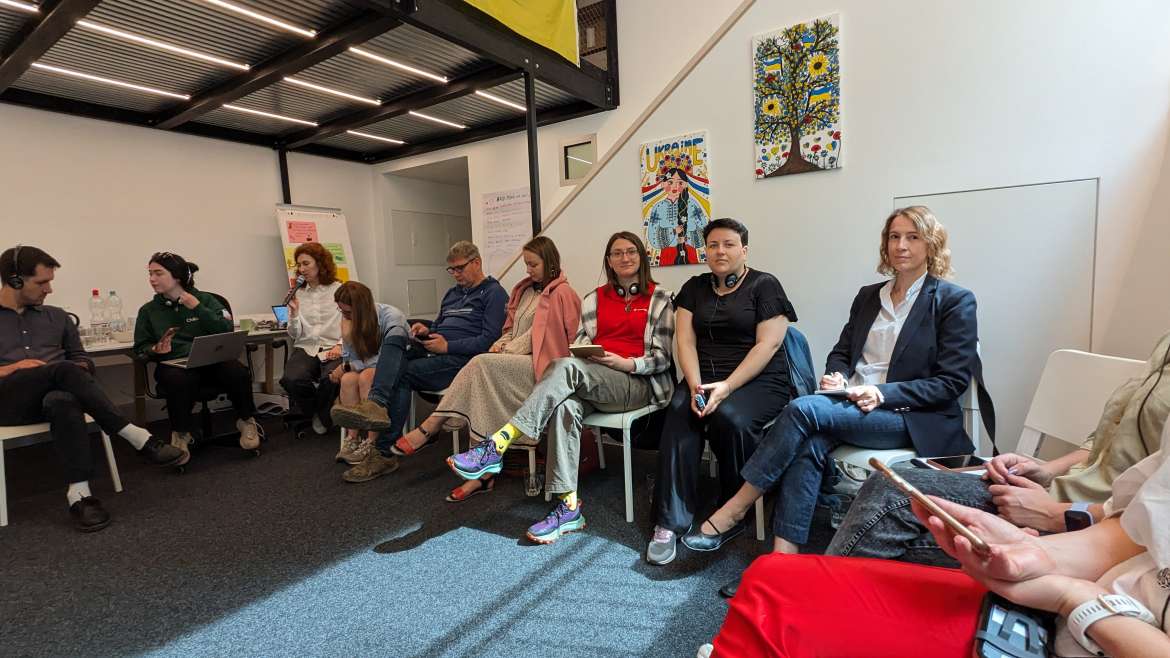
As for support for people with disabilities, this issue has long been reflected in German legislation, both federal and local. The state provides direct funding for community centers and organizations that organize employment and leisure activities for this group of people. In addition, settlements adhere to the principles of accessibility and mobility, which are integrated into the system of public transport, urban space, departments and institutions. According to representatives of the MINA organization, the country has been on this path for about 70 years, and positive changes were initiated by parents of children with disabilities. Such trends are similar to those in Ukraine, but we hope that the joint efforts of the public and state sectors will make it possible to implement important transformations much faster, as we have available examples to follow and appropriate action algorithms.
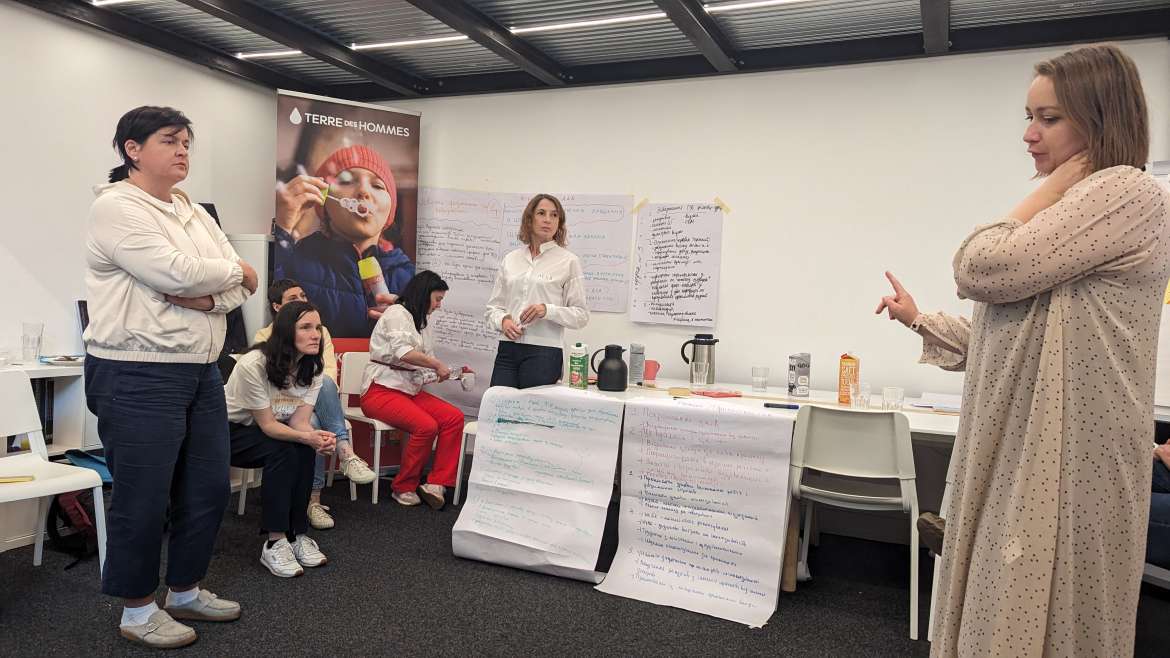
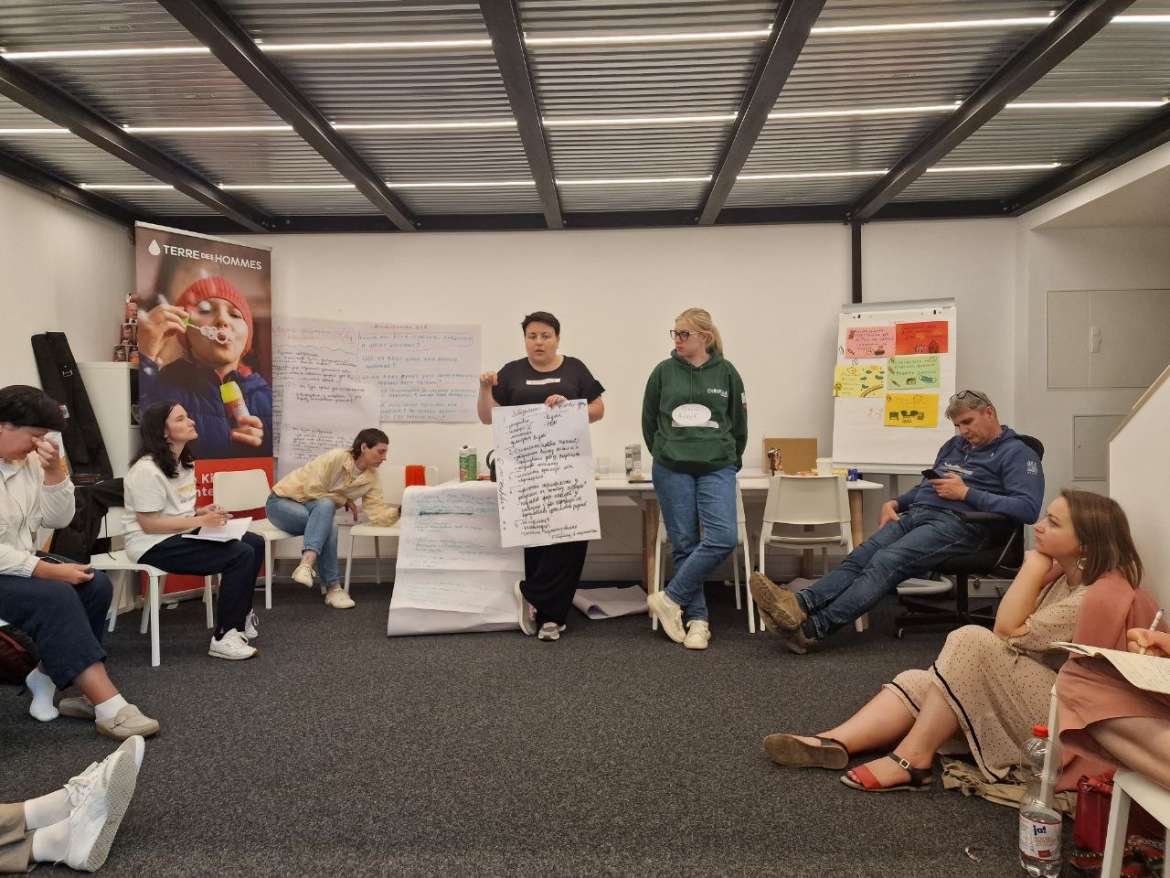
To optimize and expand the impact of the organizations participating in the Berlin meeting, trainers were engaged to advocate for representation and protection of interests, monitoring and evaluation of project activities. During the discussions and group work, the participants came to a common conclusion that CSOs now need to consolidate in the implementation of sectoral projects, strengthen their voice within the country, and engage in additional advocacy at the international level. In this regard, the position of "terre des hommes Deutschland e.V.", which delegated the solution of socially important tasks for Ukraine to NGOs, including the Medical Aid Committee in Zakarpattya, is illustrative.
